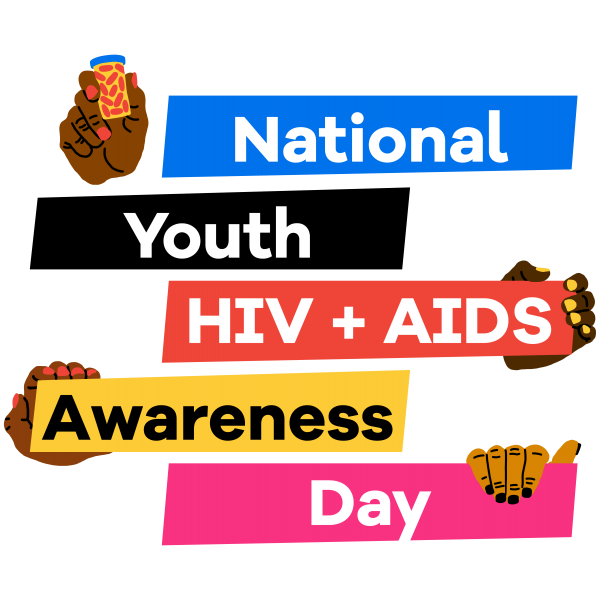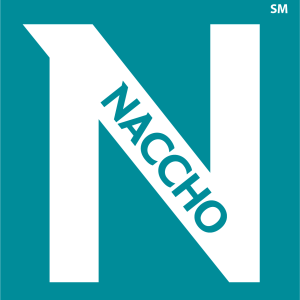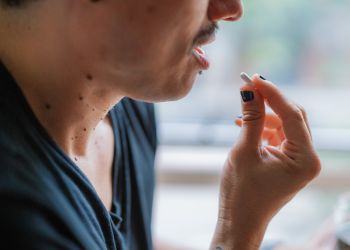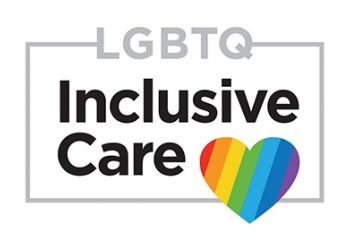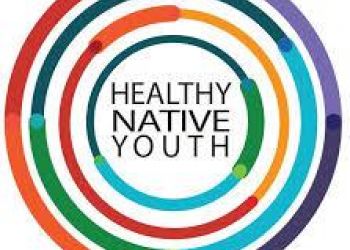National Youth HIV & AIDS Awareness Day (NYHAAD), held annually on April 10th, is a day to educate the public about the impact of HIV and AIDS on young people. Founded by Advocates for Youth, the day also highlights the advocacy of young people in the U.S. around linking people to services, providing sexual health resources, and HIV education.
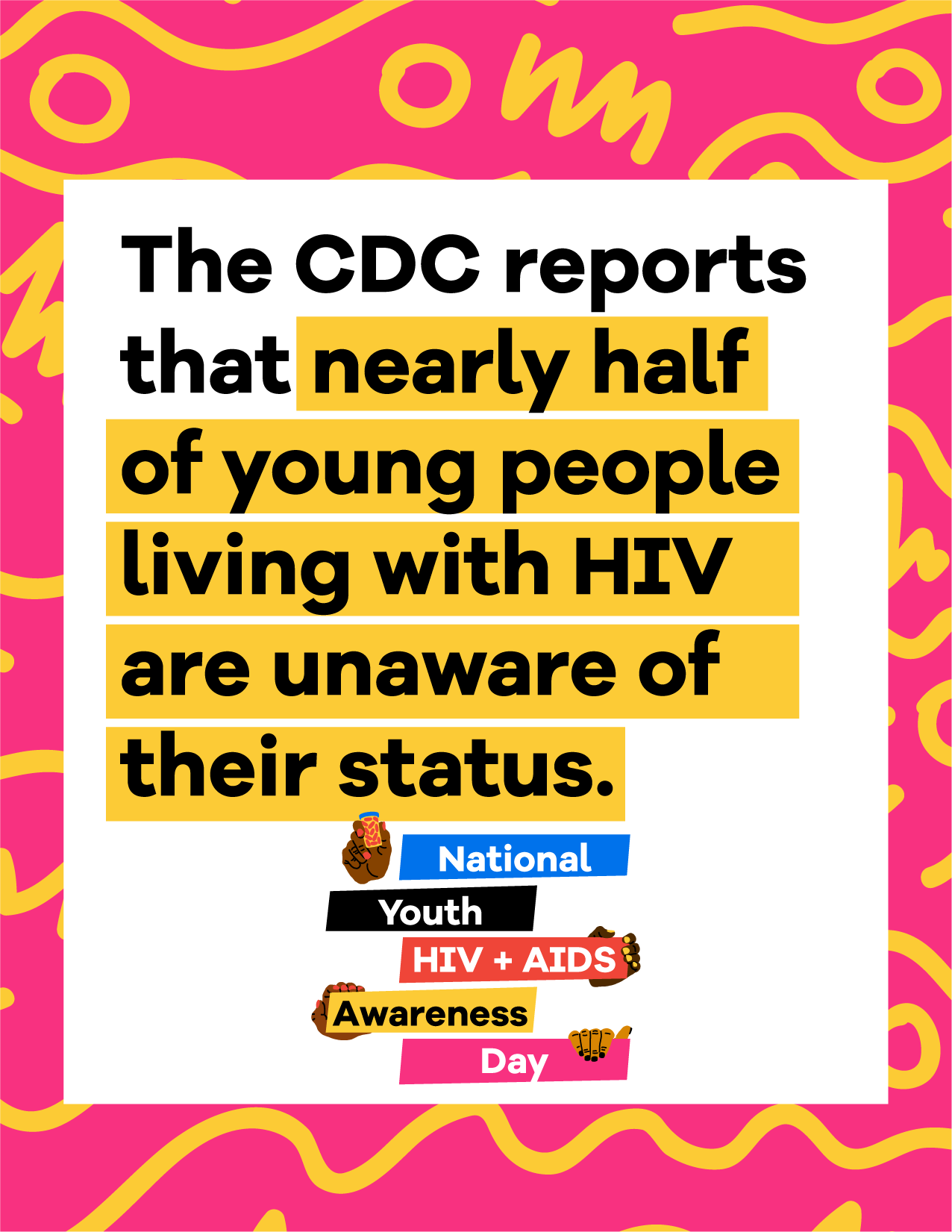
It is more important than ever that youth have quality sexual health services, including testing, free from stigma or oppression. One in five new HIV diagnoses in the U.S. occur in people aged 13 – 24, and approximately 44% of young people with HIV do not know they have the virus. In fact, only 9% of high school students have ever been tested for HIV. According to the CDC, youth with HIV are the least likely of any age group to be linked to care in a timely manner and have a suppressed viral load. Certain groups of young people – especially LGBTQ+, Black/African American, and Latinx youth – are at even greater risk for negative health outcomes due to structural racism and intolerance that further reduces access to quality and stigma-free support systems.
Gender-Affirming Care is HIV Prevention
Trans and gender nonconforming (GNC) youth are especially at risk for acquiring HIV due to transphobia, stigma, homophobia, racism, and other structural barriers to fundamental needs that impact HIV risk such as quality health care, safe and affordable housing, and mental wellness. In 2021, an alarming number of bills banning the provision of lifesaving gender-affirming health care for trans youth have been passed or introduced throughout the country, despite a large body of evidence showing its necessity for this population.
Gender-affirming care is crucial for trans and GNC youth to stay HIV negative or, for trans youth living with HIV, to reach and maintain viral suppression. According to the American Psychiatric Association, long-standing medical and psychiatric literature demonstrates clear benefits of medical and surgical interventions to assist gender variant individuals seeking transition. For example, a study in Pediatrics shows that transgender youth are less likely to grapple with depression and suicidal thoughts when they receive early gender-affirming care.
On NYHAAD and beyond, NACCHO urges local health departments to:
- Ensure health department programs and services are inclusive and affirming of LGBTQ individuals, families, and communities;
- Collaborate with other local government agencies, community-based organizations, healthcare providers, schools, and other stakeholders to address health inequities and discrimination experienced by LGBTQ individuals and support them in developing and implementing strategies to ensure programs and services are LGBTQ affirming; and to
- Advocate for policies and ordinances at federal, state, and local levels that are inclusive of sexual orientation and gender identity and expression and prohibit all discrimination on the basis of sexual orientation and gender identity and expression.
Local health departments play a key role in sharing up-to-date and age-appropriate information, creating youth-friendly spaces and collaborations, and working with schools and places where young people spend time to promote affirming, stigma-free, quality sexual health education and services. Learn more in the resources below about what health departments can do to support youth of all gender identities, sexual orientations, and HIV statuses.
Resources for young people:
- Advocates for Youth: Youth Activist Toolkit
- Hear from LGBTQ+ youth of color and young people living with HIV at #MyStoryOutLoud blog
- Students: Bring free condoms to your campus with the Condom Collective
- Adolescent Sexual Health: Learning about Sexual Risk Behaviors
- Hotlines and Support Groups: Trans Youth Equality Initiative, Trans Lifeline, and Trevor Space
Resources for health departments, service providers, and others:
- NYHAAD Social Media Toolkit
- A Guide to Being an Ally to Transgender and Nonbinary Youth
- How Schools Can Support HIV Testing Among Adolescents
- Get Yourself Tested Campaign for High Schools
- What Works Factsheet: Sexual Health Services
- Story From the Field: Genesee County’s “SEX: We Get It” Campaign
- Presentation Recordings: Youth Engagement in HIV Care (Ryan White HIV/AIDS Conference)
